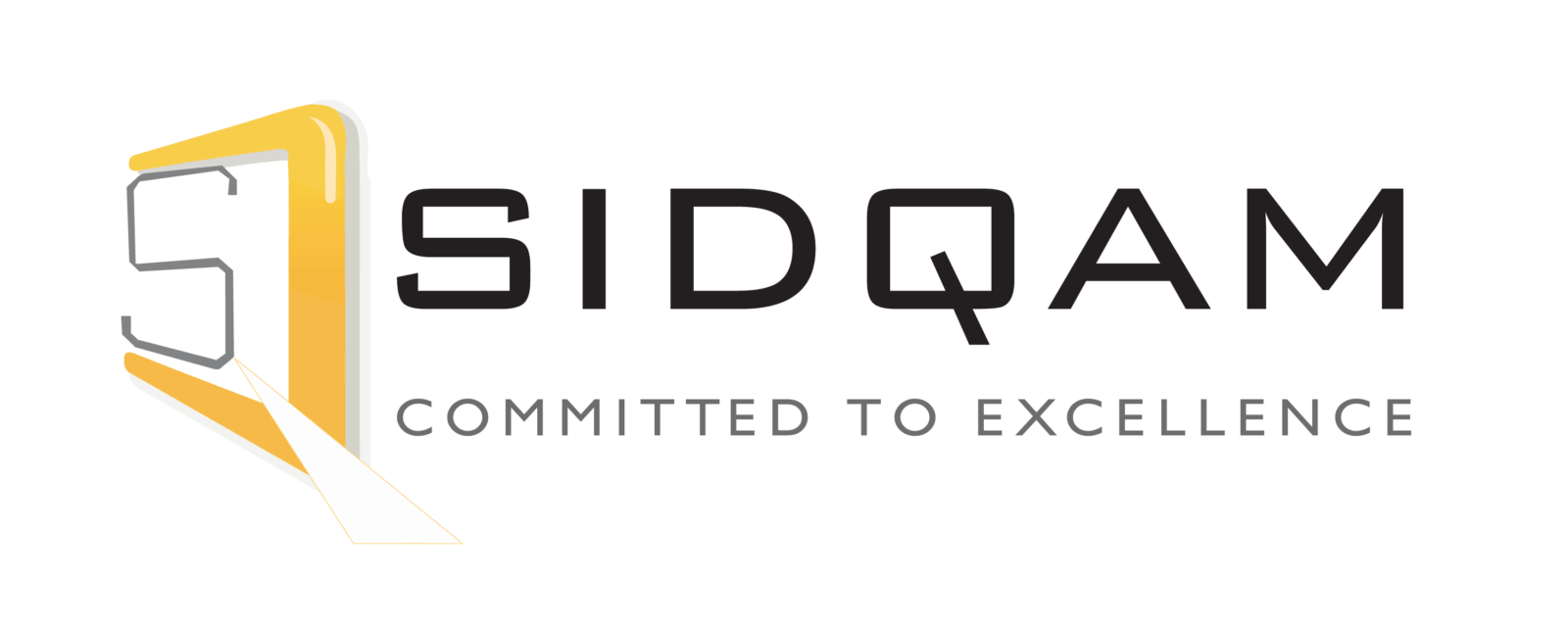The importance of Standards-Based Software in Community Care
Community Care is teeming with diverse providers – from social workers and nurses to therapists and home health aides. Each plays a vital role in supporting individuals with their health and well-being needs. However, fragmented data systems and incompatible software often create a discordant symphony, hindering communication and jeopardizing patient care.
Ensuring a seamless experience.
This is where standards-based software solutions step in, acting as the conductor, harmonising the flow of information and ensuring a seamless experience for both care providers and patients. Here’s why embracing these standards is not just a trend, but a transformative force in UK community care:
REST APIs
Imagine a patient transitioning between a hospital stay and community care. Previously, their medical history might be trapped within separate systems, inaccessible to different care providers. This lack of interoperability creates a communication breakdown, hindering the delivery of coordinated and efficient care. Here’s where the Representational State Transfer (REST) API plays its part. This architectural style for web services acts as a universal language, allowing disparate software systems to communicate effortlessly. By adhering to REST principles, community care software can seamlessly exchange data, ensuring a complete picture of a patient’s health journey is readily available to all involved providers.
HL7 FHIR
In the world of healthcare, patient data security is paramount. Health Level Seven International’s (HL7) Fast Healthcare Interoperability Resources (FHIR) standard acts as the guardian of this sensitive information. FHIR establishes a comprehensive framework for secure health data exchange. This standard ensures not only the safe transfer of data between systems but also fosters trust with patients by guaranteeing the privacy and integrity of their medical records. With HL7 FHIR in place, community care providers can confidently share vital health information, enabling a collaborative and informed approach to patient care.
ISO 27001
Data security goes beyond just exchanging information – it’s about protecting it holistically. ISO 27001, a globally recognised standard, sets the stage for a robust Information Security Management System (ISMS). This framework outlines a series of protocols and controls for managing sensitive company information, including patient data. By implementing ISO 27001, community care providers demonstrate a steadfast commitment to data security, building trust with patients and upholding regulatory compliance.
NHS Digital Toolkit & G-Cloud 13
For organisations in the NHS, adhering to specific data security standards is mandatory. The NHS Digital Toolkit serves as a beacon, guiding community care providers through a self-assessment process. This online tool ensures the organisation aligns with data security best practices and adheres to relevant regulations. Additionally, being listed as a Crown Commercial Service Supplier under G-Cloud 13 signifies a commitment to efficient and compliant service procurement. This not only streamlines the process for community care providers to acquire necessary software solutions but also provides a level of assurance regarding a supplier’s adherence to established standards.
It’s more than operational efficiency; It’s a collaborative and patient-centred environment.
The integration of standards-based software solutions in UK community care goes beyond operational efficiency. It fosters a collaborative and patient-centred environment where information flows freely and securely. By embracing these standards, community care providers can:
- Deliver holistic and coordinated care: A complete picture of a patient’s health journey readily available to all involved providers leads to better-informed treatment decisions.
- Reduce administrative burdens: Streamlined data exchange eliminates the need for manual data entry, freeing up valuable time for patient care.
- Enhance patient engagement: Improved communication and data sharing empowers patients to actively participate in their healthcare decisions.
- Build trust and transparency: Adherence to data security standards demonstrates a commitment to protecting patient privacy and fosters trust with the community.
The future of UK community care is a harmonious symphony of collaboration and information exchange. By embracing standards-based software solutions, community care providers can transform the way they deliver care, ultimately improving patient outcomes and creating a more efficient and effective healthcare ecosystem.


